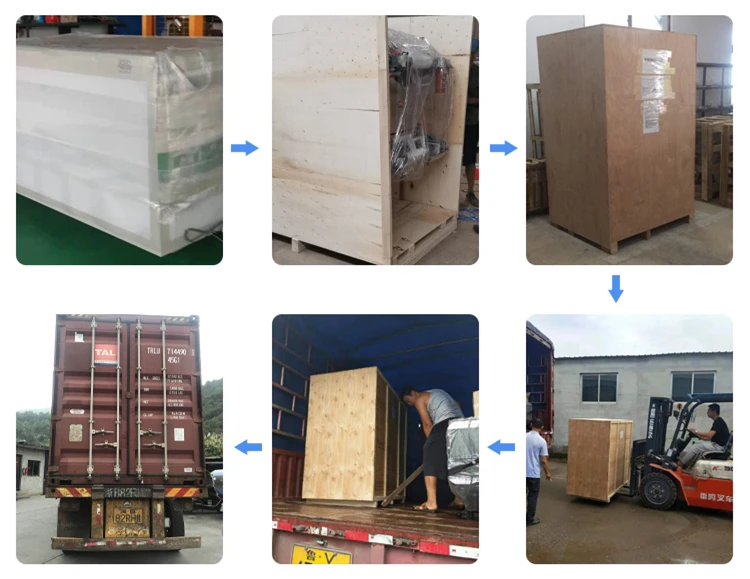high-quality broiler cages available for purchase at competitive prices
Nov . 11, 2024 05:55 Back to list
high-quality broiler cages available for purchase at competitive prices
The Growing Demand for Broiler Cages A Comprehensive Guide
In the ever-evolving landscape of poultry farming, the demand for efficient and humane housing solutions has surged. Among these solutions, broiler cages have emerged as a vital component for the successful and sustainable raising of broiler chickens. This article will delve into the key aspects of broiler cages, their benefits, and what to consider when looking for broiler cages for sale.
Understanding Broiler Cages
Broiler cages are specially designed enclosures that provide a controlled environment for raising broiler chickens, which are bred specifically for meat production. These cages are typically constructed from durable materials, allowing for easy cleaning and maintenance, which is crucial for maintaining the health of the birds. The design of these cages can vary widely, accommodating different farming practices and scale requirements.
Benefits of Using Broiler Cages
1. Space Efficiency One of the primary advantages of broiler cages is their ability to maximize space. As poultry farmers aim to increase their production capabilities, adopting cage systems allows them to raise more birds in a smaller footprint without overcrowding.
2. Improved Biosecurity Cages help reduce the risk of disease transmission among the flock. By separating individual birds, the chances of spread are minimized, thus leading to healthier chickens and less reliance on antibiotics.
3. Enhanced Growth Rates Broiler cages are designed to optimize the living conditions for the chickens, including proper ventilation, temperature control, and access to food and water. These factors contribute to faster growth rates and improved feed conversion ratios.
4. Ease of Management Managing a flock of chickens can be labor-intensive. However, broiler cages streamline the feeding, watering, and cleaning processes, making it easier for farm operators to manage their livestock effectively.
5. Animal Welfare Considerations While conventional cage systems have faced criticism, modern designs increasingly focus on incorporating standards that prioritize animal welfare. Producers can find systems that ensure adequate space and enrichment for the birds.
broiler cages for sale

What to Consider When Buying Broiler Cages
When searching for broiler cages for sale, there are several key factors to consider
1. Regulations and Compliance Different regions have varying regulations concerning animal housing. It’s essential to ensure that the cages you choose comply with local laws and welfare standards to avoid fines and ensure ethical practices.
2. Size and Design Determine the number of chickens you plan to raise and select a cage that can accommodate your production goals. The design should allow for easy access for feeding and cleaning.
3. Material Quality Look for cages made of durable materials that resist rust and corrosion. Galvanized steel or heavy-duty plastic are common choices that can withstand the rigors of poultry farming.
4. Cost vs. Value While the initial investment might seem high, consider the long-term benefits of higher growth rates, improved feed efficiency, and reduced disease prevalence. Calculate the potential return on investment to make an informed decision.
5. Supplier Reputation Research potential suppliers thoroughly. Look for customer reviews, ask for references, and verify their track record in providing quality products and support.
6. After-Sales Support A reliable supplier will not only provide quality cages but also offer support in terms of installation, maintenance advice, and spare parts availability.
Conclusion
The need for broiler cages has become increasingly essential in the poultry industry. As farmers strive for efficiency and adhere to higher welfare standards, investing in quality broiler cages can make a significant difference in their operations. By considering the factors outlined above, poultry producers can find the right cages to meet their needs and contribute positively to their farming practices. As the industry continues to evolve, embracing modern solutions like broiler cages will undoubtedly play a crucial role in the future of poultry farming.
-
Hot Sale 24 & 18 Door Rabbit Cages - Premium Breeding Solutions
NewsJul.25,2025
-
Automatic Feeding Line System Pan Feeder Nipple Drinker - Anping County Yize Metal Products Co., Ltd.
NewsJul.21,2025
-
Automatic Feeding Line System Pan Feeder Nipple Drinker - Anping County Yize Metal Products Co., Ltd.
NewsJul.21,2025
-
Automatic Feeding Line System - Anping Yize | Precision & Nipple
NewsJul.21,2025
-
Automatic Feeding Line System - Anping Yize | Precision & Nipple
NewsJul.21,2025
-
Automatic Feeding Line System-Anping County Yize Metal Products Co., Ltd.|Efficient Feed Distribution&Customized Animal Farming Solutions
NewsJul.21,2025






